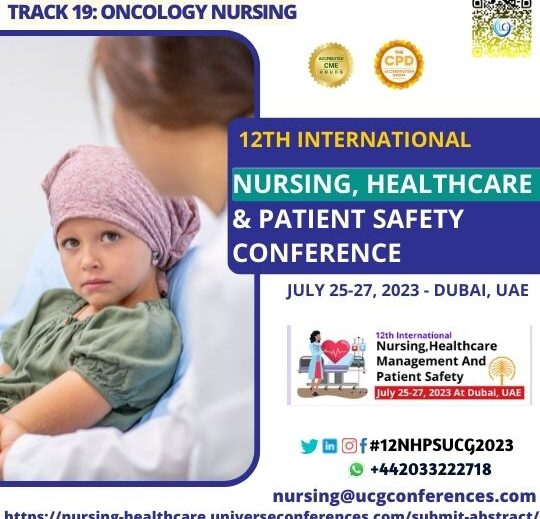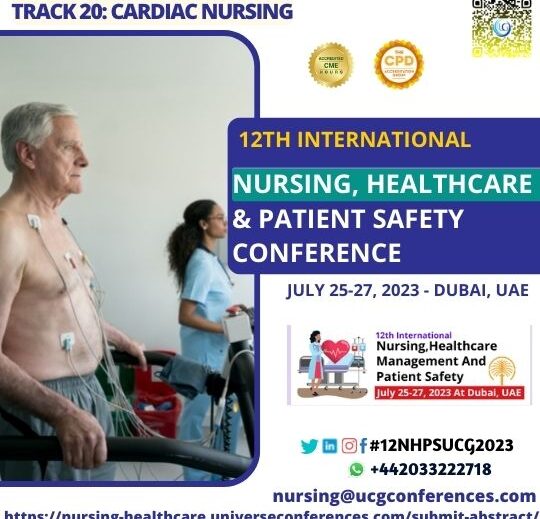Track 24: Non Communicable Disease
Introduction Non-communicable diseases (NCDs), also known as chronic diseases, are medical conditions or health problems that are non-infectious and non-transmissible. These diseases typically have a prolonged duration and tend to progress slowly. Some of the most common examples of NCDs include cardiovascular diseases (such as heart disease and stroke), cancer, chronic respiratory diseases (such as …




